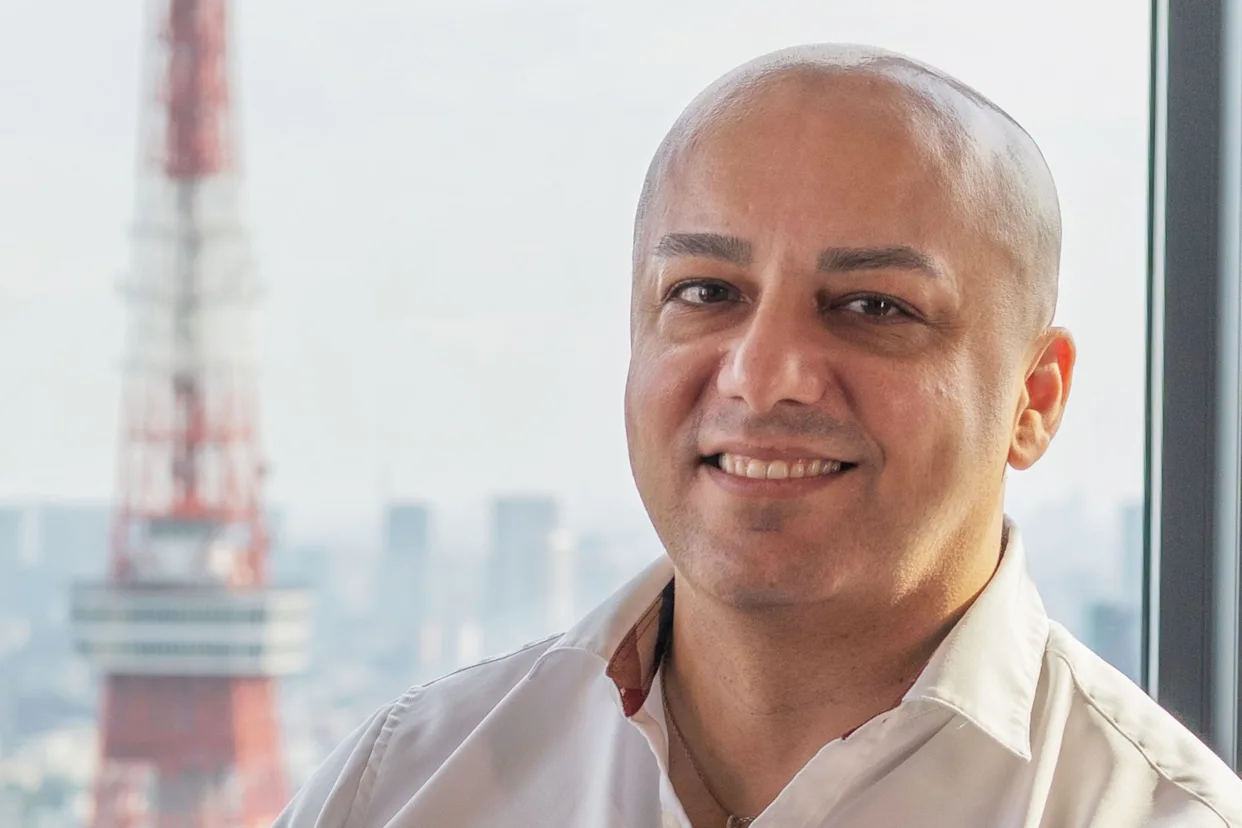For generations, higher education was seen as the surest ticket to stability, prestige, and prosperity. But in the age of artificial intelligence, some of the very architects of the technology now argue that this traditional path may no longer guarantee a future.
Jad Tarifi, who helped establish Google’s first generative AI team, believes universities are struggling to remain relevant. In his words, higher education is “on the verge of becoming obsolete.” Speaking with Fortune and Business Insider, Tarifi argued that degrees—once symbols of distinction—are being rapidly outpaced by the speed of technological progress.
Undergraduate qualifications, he suggested, have already lost much of their career value, prompting young people to pursue advanced degrees in search of competitive opportunities. But Tarifi cautions that even this instinct may be misguided. “AI itself is going to be gone by the time you finish a PhD,” he warned, pointing to how entire applications, such as AI in robotics, may be fully developed long before today’s doctoral students defend their dissertations.
Tarifi, who earned his own PhD in AI back in 2012, now believes that spending nearly a decade on one credential could leave students behind. Instead, he encourages exploration of niche, interdisciplinary fields—AI for biology, for example—or even learning paths outside traditional academia. Thriving in the future, he says, will depend less on accumulating credentials and more on cultivating “unique perspectives, agency, emotional awareness, and strong human bonds.”
Read also: Google To Delete Incognito Search Data To End Privacy Suit
His skepticism extends even to medicine and law—professions historically shielded from technological disruption. With curricula mired in rote memorization, Tarifi claims, medical training in particular risks producing graduates whose knowledge is already outdated the moment they qualify.
Tarifi is far from alone in sounding this alarm. Mark Zuckerberg has questioned whether universities are equipping graduates for today’s job market, pointing instead to crushing student debt and outdated teaching methods. Sam Altman, CEO of OpenAI, has suggested that the company’s latest model, GPT-5, already performs at “PhD-level expertise in any subject,” while Bill Gates admits that AI is advancing even faster than he anticipated.
What emerges is a portrait of a higher education system in existential crisis—one confronted by a technology that evolves in months, not decades. If Tarifi and his peers are correct, the institutions that once prepared generations for the future may themselves need radical reinvention simply to survive it.

